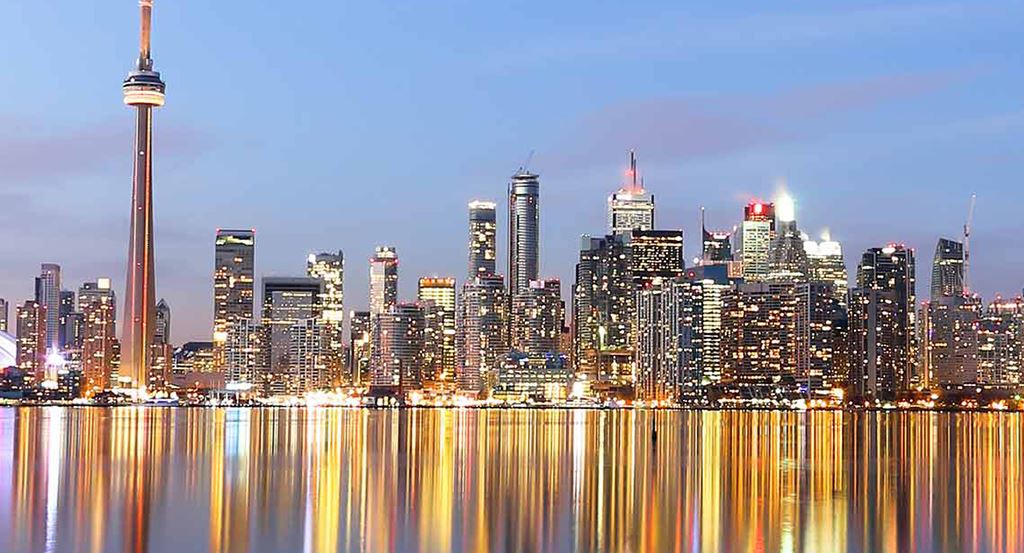The Mohawk word ‘Toronto’ means ‘meeting place’ because many aboriginal tribes came together there for trade, political and social events. Present-day Toronto has been dubbed the most multicultural city in the world, and is a meeting place for people from every nation. Toronto rests on the shore of Lake Ontario, one of the five great lakes that contain 21% of the world’s surface fresh water. It is also in the middle of Canada’s most productive agricultural land, which stretches from Windsor to Quebec City. Yet Toronto is also North America’s fourth largest city, and the potential conflict between human activity and natural processes is great. Fortunately, the people of Toronto are recognizing their special responsibility to embrace sustainability and the city is aiming to reduce the impacts of climate change and become a Low-Carbon city.
This may be seen in terms of municipal policies, corporate activities, and individual actions. A large “green belt” now surrounds the urban area, urban gardens are being planted and green roofs are appearing all over the city. Sustainability is growing in “Toronto the good.” This booklet is designed to help you see and understand it better. It invites you to take a small journey to select sites that may lead to a personal journey towards sustainability.
Food is a major area for moving towards sustainability. Using local food reduces transportation costs, heritage foods preserve agricultural biodiversity, and gardens provide people with fresh food. Food waste is a topic of major concern, with the average single-family household in Toronto wasting a quarter of its food purchases (about $31 billion nationally).
In addition, food decaying in landfills creates methane, a greenhouse gas 25 times more potent than carbon dioxide. At the same time, many people do not have adequate access to affordable food. Description Feed it forward, located in the west end of Toronto, is Canada’s first pay-what-you-can grocery store, bakery and coffee shop. It receives donations of excess food from grocery stores, restaurants and food distributors. This includes high-end items such as organic greens, frozen meals for students, as well as bulk items such as sugar, flour and oatmeal. This store makes a great difference for people who cannot otherwise manage good nutrition because of a lack of local grocery stores or a lack of income. Open Monday to Saturday.
What to see and do here You’ll find shelves on both walls and bins of produce in the middle of this compact store. Take just what you need and pay only what you can (putting your money in an old Toronto Transit fare box). If you have time, sit by the window with a bowl of organic tomato soup, a quality meat dish or baked item. Relish the feeling that this place exists. Thank the volunteers before you leave and go home to enjoy high quality food.
History/Culture In 2018 Chef Jagger Gordon had seen enough food waste in his catering business, knew the problem of hunger was large in Toronto, and launched Feed it Forward. He and his volunteers “rescue” food from many establishments, where it would otherwise go to waste. Chef Gordon does not expect to make a profit, but hopes to cover costs. This project includes a bakery and cafe and is the latest endeavor from Gordon’s zero-waste and food security campaign, dubbed “Feed It Forward”.


